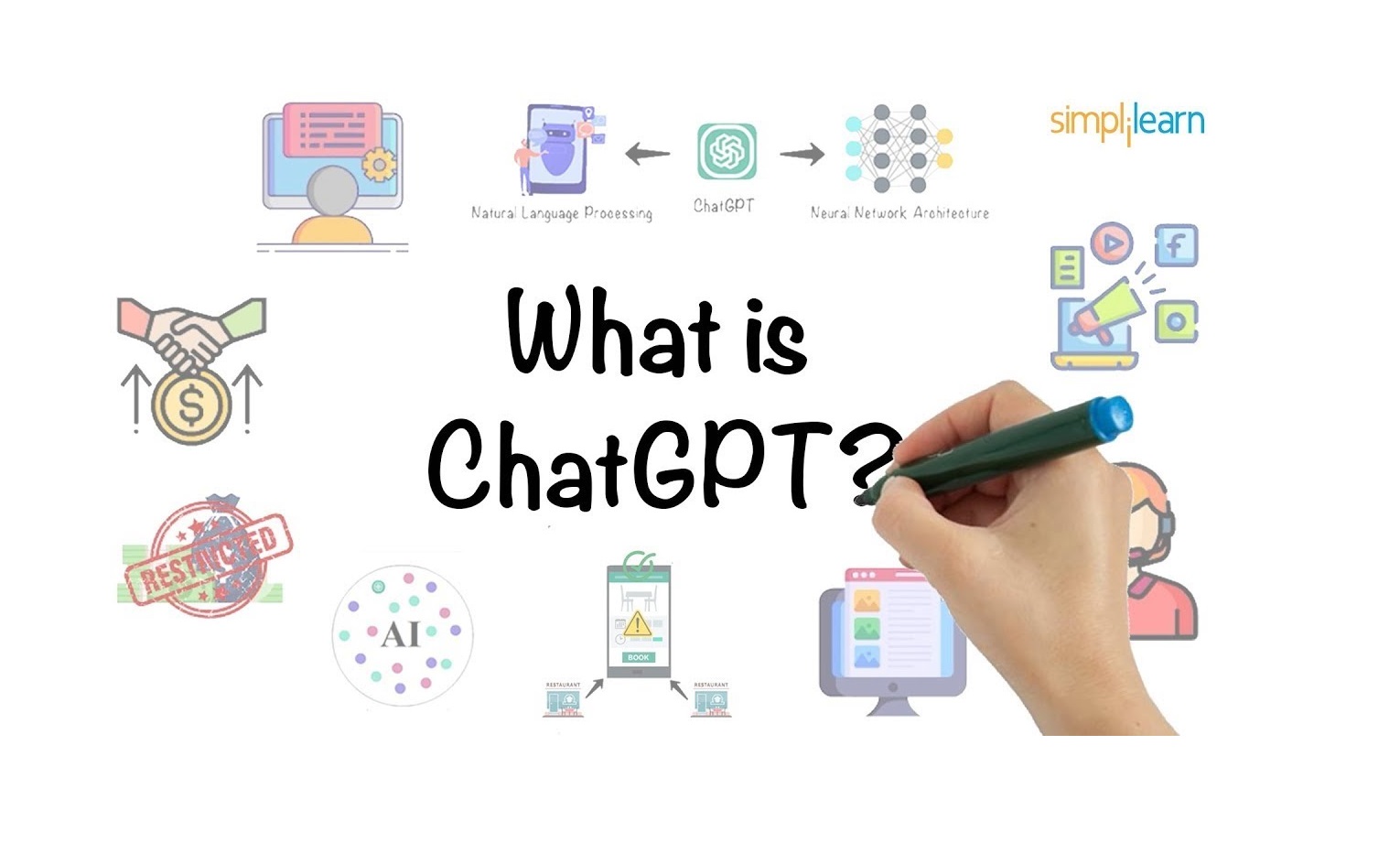Have you ever had a chatbot interaction feel authentically human? If so, there’s a good possibility you were conversing with a ChatGPT-powered chatbot. ChatGPT, an advanced conversational AI created by OpenAI, can mimic human-like discussions. One of the most sophisticated Chatbot AI in the world, it is revolutionizing how companies engage with their customers. In this post, we’ll examine ChatGPT’s definition, functionality, advantages, and impact on conversational AI.
What Actually ChatGPT Is? An Introduction
OpenAI created Chat GPT, a sophisticated chatbot AI. It is built to mimic human-like dialogues and is based on the GPT-3 architecture. ChatGPT can comprehend natural language inquiries and react in a manner akin to that of a human. It can converse casually, respond to queries, and make suggestions.
How ChatGPT Works?

Deep learning techniques enable ChatGPT’s ability to comprehend and produce natural language. It employs a method known as unsupervised learning, which involves learning from a lot of unstructured data. This information ranges from books and papers to posts on social media and transcripts of customer care conversations. ChatGPT can produce text that is comparable to the input it has been given after being trained on this data. This enables it to produce responses to user questions conversationally and naturally.
Compensations of Using ChatGPT
ChatGPT has many advantages for both business users and consumers. The following are a few of ChatGPT’s main advantages:
- Better Customer Services: ChatGPT can handle a high volume of consumer inquiries and provide quick, accurate responses. This can assist companies in providing better customer care while lightening the load on their customer support employees.
- Personalised Recommendations: ChatGPT can analyze user data to produce recommendations that are tailored to the preferences and prior actions of the user. This might aid companies in enhancing their marketing initiatives and boosting revenue.
- Enhanced Productivity: ChatGPT can manage numerous conversations at once, which can help businesses increase productivity and cut costs.
- Human-like Interaction: ChatGPT can imitate discussions with people, which can assist to make user interactions more interesting and real.
Use Cases of ChatGPT
There are numerous use cases for ChatGPT in various industries. Among the most typical use cases are:
- Customer Service: ChatGPT is available around-the-clock to answer questions and offer assistance. This can assist companies in providing better customer service while lightening the load on their support staff.
- Online Shopping: ChatGPT may analyze user information and offer tailored suggestions for products. Businesses may benefit from this by increasing revenue and enhancing consumer happiness.
- Healthcare: ChatGPT can help with making appointments and offer basic medical guidance. This can lessen the workload of healthcare providers and enhance access to medical care.
Wrapping Up
Although ChatGPT is capable of handling a sizable number of client inquiries, it cannot completely replace human customer support professionals. The workload of customer service staff may be lessened, and response times may be enhanced. Stress brought on by work and additional burdens has decreased.
